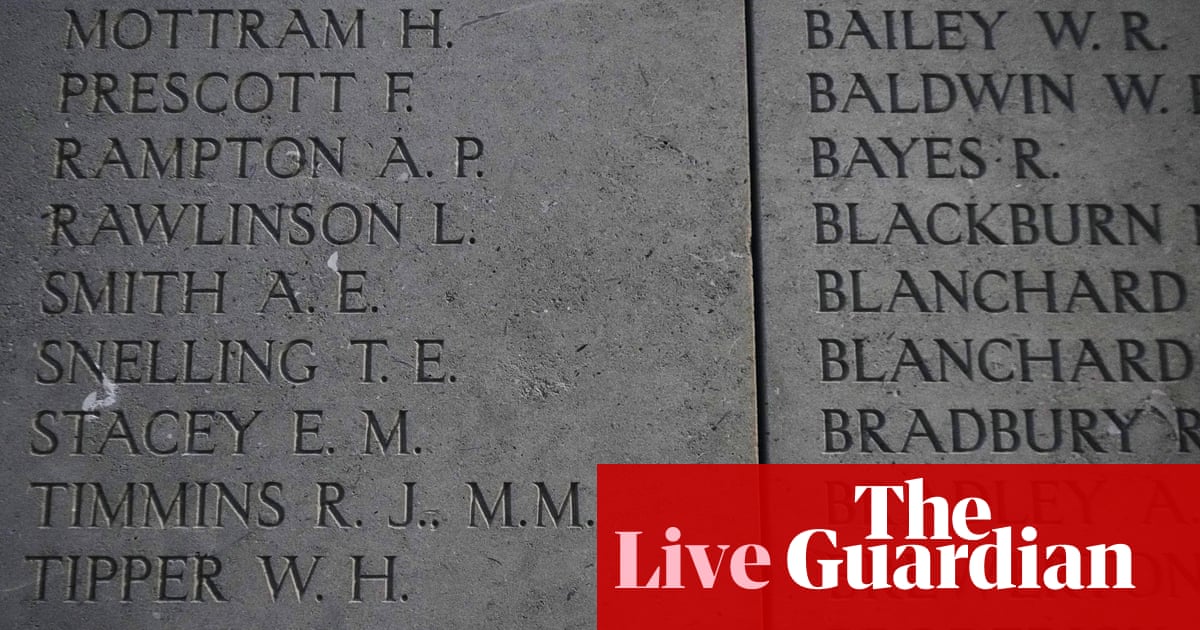Doctors have launched a clinical trial of a £100 blood test for Alzheimer’s disease in the hope of transforming diagnosis of the devastating condition in the NHS.
More than 1,000 patients with suspected dementia are being recruited from memory clinics across the UK to see whether the test leads to faster and more reliable diagnoses and better care for those found to have the disease.
More than half a million people in the UK have Alzheimer’s, the most common form of dementia, but getting a diagnosis can take years. Only about 2% of patients have a gold-standard test based on a PET scan or lumber puncture to spot hallmarks of the condition.
While new drugs such as lecanemab and donanemab have been shown to slow the disease, they have a small effect and have been rejected for widespread use by the UK’s National Institute for Health and Care Excellence (Nice). Hopes now ride on a second generation of Alzheimer’s drugs that are being tested in clinical trials.
Alzheimer’s drugs work best when given in the early stages of the disease, before the brain has suffered major, irreversible harm. A simple and effective blood test would allow doctors to swiftly identify patients who stand to benefit most.
“We’re expecting numerous further treatments to come on stream within the next 10 years, so we need to prepare the National Health Service now, to be able to deliver these treatments, as well as the benefits an accurate diagnosis already gives,” said Prof Jonathan Schott, a neurologist at University College London and co-lead on the Adapt trial.
Alzheimer’s disease is linked to the buildup of two key proteins in the brain called amyloid and tau. The blood test measures a protein called p-tau217 that reflects the presence of both. Evidence suggests the test can detect amyloid and tau as accurately as PET scans and lumber punctures.
The trial is recruiting 1,100 people from diverse geographic, ethnic and economic backgrounds, and people with other medical problems to ensure the findings are relevant to a broad UK population.
Half of those in the study will receive their blood test results within three months of being assessed by their memory service, while the other half will receive their results after 12 months. Doctors will then assess whether the test results help to speed up diagnosis and guide decisions about the patients’ future treatment.
In specialised labs that use the test already, results can be turned around in about two weeks.
“This is not about confirming accuracy, which we have already done,” said Dr Ashvini Keshavan, a senior clinical research fellow at University College London’s Dementia Research Centre and co-lead on the trial. “This is about showing that it actually makes a difference to patients’ onward management.”
The researchers suspect it will take two years to recruit for the trial. If the results are encouraging, they will be presented to Nice for a decision on whether the test should be rolled out across the NHS.
The trial forms part of the Blood Biomarker Challenge, a multimillion-pound programme supported by the Alzheimer’s Society, Alzheimer’s Research UK and the People’s Postcode Lottery.
“We know that the drug development pipeline for Alzheimer’s disease is currently burgeoning with new potential treatments,” said Dr Sheona Scales, the director of research at Alzheimer’s Research UK.
“The earlier we can intervene with these experimental or new potential treatments, the greater their chances of success. So the science is currently moving fast, there is a pace of change, but we need the diagnosis in order to speed up, in order to help us to unlock this.”

 2 months ago
46
2 months ago
46

















































